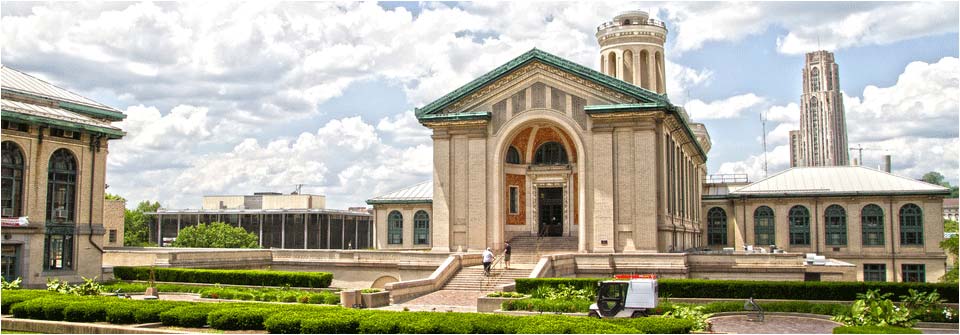Team:Carnegie Mellon
From 2012.igem.org
(Difference between revisions)
JSalazar88 (Talk | contribs) |
JSalazar88 (Talk | contribs) |
||
| Line 456: | Line 456: | ||
</li><li> example application | </li><li> example application | ||
</li></ol> | </li></ol> | ||
| - | <p> | + | <p>Our proposed BioBrick is novel, and potentially very useful in practice. |
</p> | </p> | ||
<a name="Secondary_Objective:_Secondary_Objective"></a><h2> <span class="mw-headline"> Secondary Objective: Secondary Objective</span></h2> | <a name="Secondary_Objective:_Secondary_Objective"></a><h2> <span class="mw-headline"> Secondary Objective: Secondary Objective</span></h2> | ||
Revision as of 11:33, 11 June 2012
Team:Carnegie_Mellon
From 2012.igem.org
Contents |
Introduction: Motivation
- We seek to develop a BioBrick that will allow researchers in the field of synthetic biology to accurately measure translational efficiency, and transcriptional strength.
- We believe that we can use Spinach as a biosensor to reflect these metrics in vivo, rather than in vitro, which has previously proven to be very costly and impractical.
- We will characterize the relationship between genetic expression of Spinach (upstream), translational efficiency, and transcriptional strength.
Abstract/Introduction
Motivation question
Humanistic implications go here
Primary Objective: A Useful BioBrick for Synthetic Biologists
We believe the development of this unprecedented BioBrick will help synthetic biologists in a variety of applications, for a variety of purposes such as the following:
- example application
- example application
- example application
Our proposed BioBrick is novel, and potentially very useful in practice.
Secondary Objective: Secondary Objective
We have also been continuing the work of our 2012 team in engineering Escherichia coli to be awesome. Here is a link to awesomeness (WHO).
Further Considerations
In the pursuit of our project, as well as the biological aspects, we:
- considered aspects of scale-up, including the ethical, legal and social implications of our potential final product, MicroMaize,
- programmed a new piece of software for use in metabolic modelling,
- developed and tested techniques for measuring translational efficiency and transcriptional strength,
- participated in human practices demonstration xxx.
 "
"



